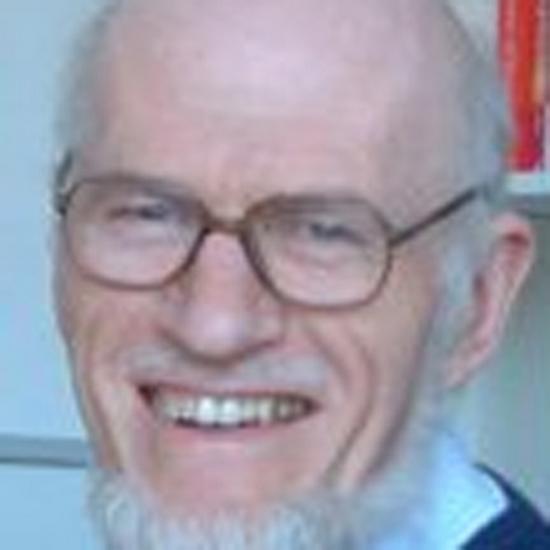Andrew Thomson was a chemist who has pioneered the use of optical and magnetic methods to analyse the structures of biologically important compounds. By studying the behaviour of metal ions found in proteins, he improved our understanding of a wide range of natural processes, including the uptake and storage of iron within the body.
Much of Andrew's work focused on magnetic circular dichroism (MCD), a technique that compares how molecules absorb light polarised in different directions under the influence of a magnetic field. Such measurements allow the detection of molecular transitions that would otherwise be too weak to be seen, and have shed light on the symmetries of the underlying system. Andrew's contributions turned MCD spectroscopy into a valuable analytical tool with widespread biological applications.
From 1988 to 2008, Andrew served as joint director of the UK Centre for Metallobiology, winning the Royal Society of Chemistry's Interdisciplinary Award in 2002. A fellow of the Royal Society of Medicine since 2007, he was awarded an OBE for services to higher education the following year.
Professor Andrew Thomson OBE FRS died on 2 March 2021.
Subject groups
-
Chemistry
Chemistry, inorganic, Chemistry, biological
-
Molecules of Life
Biophysics and structural biology

